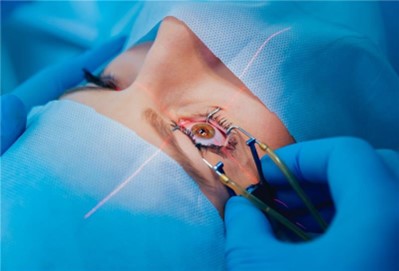LASIK Eye Surgery: A Permanent Solution to Vision Problems
A procedure designed to correct vision issues, significantly reducing, or even eliminating the need for glasses or contact lenses. It involves using a laser to reshape the cornea, improving how the eye focuses light and enhancing overall vision.
Why Consider LASIK Eye Surgery?
An effective treatment for common vision issues like near-sightedness, farsightedness, and astigmatism (blurred vision), It provides a lasting solution, enabling many patients to attain clear vision without the continuous need for corrective lenses.
Preparing for LASIK Eye Surgery
Before the procedure, your doctor will review medical history and conduct a thorough eye examination, including tests to measure corneal thickness, refraction, and eye pressure. It is important not to wear contact lenses for at least three weeks before your evaluation. On the day of the surgery, eat a light meal, take your prescribed medications, and avoid wearing eye makeup or bulky hair accessories.
What Happens During LASIK Eye Surgery?
The procedure is quick and minimally invasive. Eyes will numb with drops to prevent discomfort. A small flap is created in the cornea using a laser or blade, and the cornea is reshaped with a laser. The flap is repositioned and allowed to heal without stitches.
Recovery After LASIK
After surgery, rest for a few hours and avoid activities that could strain your eyes, such as prolonged reading or screen time. Follow your doctor’s instructions, including using prescribed eye drops and avoiding water exposure in your eyes. Individuals can resume normal activities within a few days.
Who Should Consider LASIK?
The ideal LASIK candidate is over 18, has stable vision, and healthy eyes. However, it is not suitable for those who are pregnant, have certain medical conditions, or unstable vision.
LASIK eye surgery is a safe, effective, and lasting solution for correcting vision problems, reducing or eliminating the need for glasses or contacts. It offers quick recovery and minimal discomfort, but it’s important to consult a qualified surgeon to ensure it is the right choice for your eye health.


